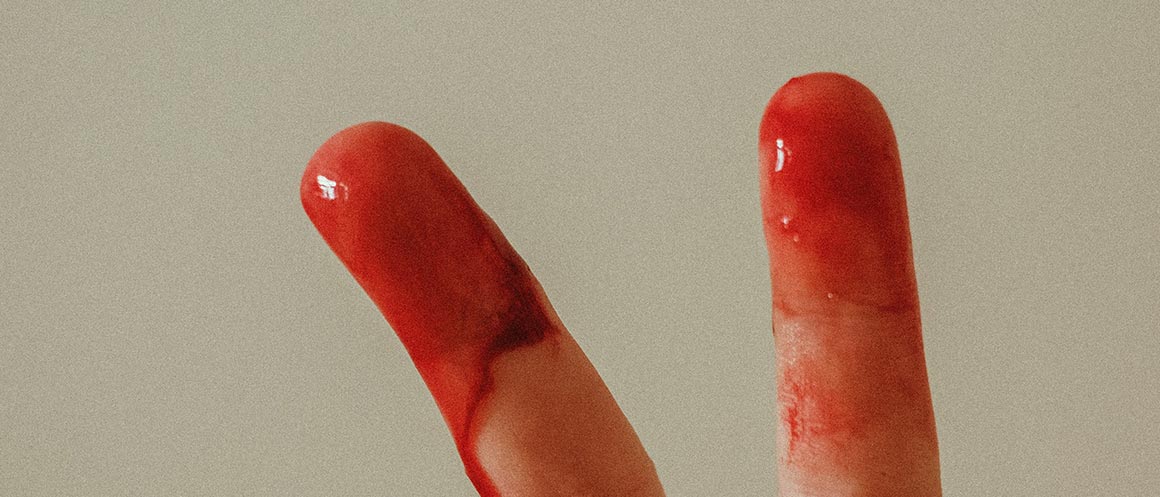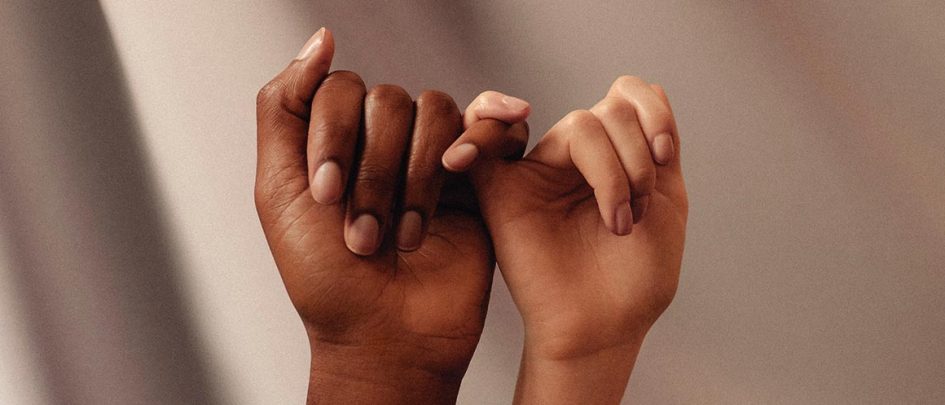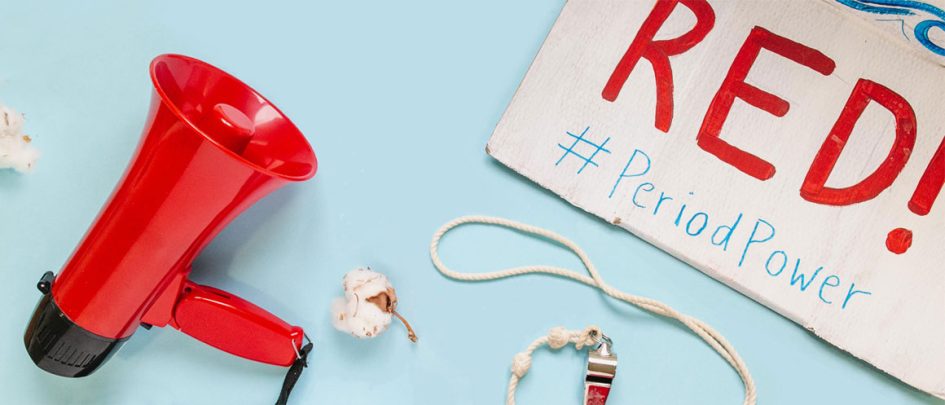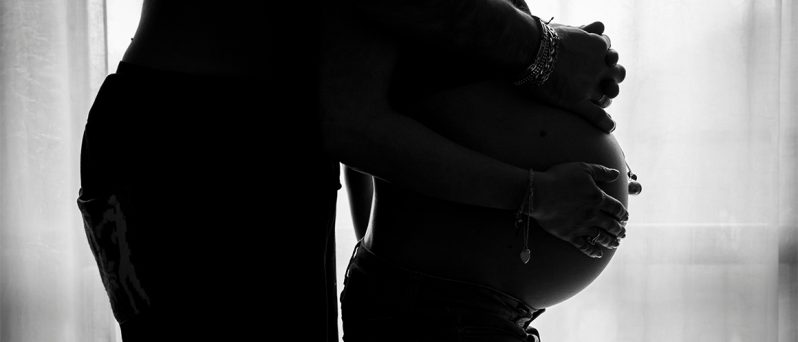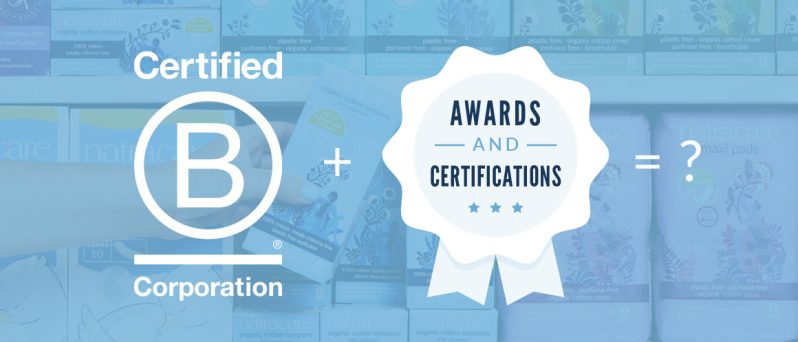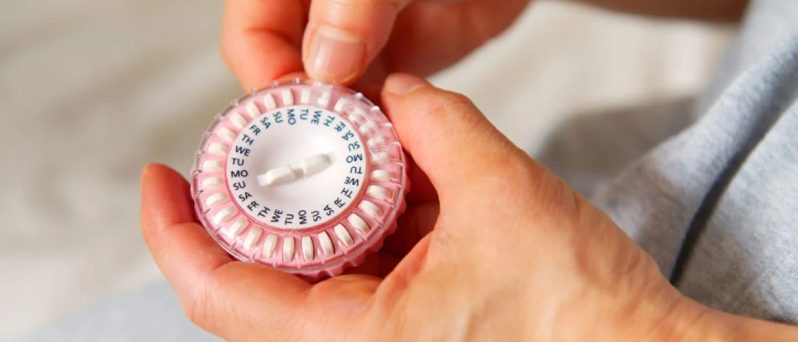At Natracare, we’ve fought for and witnessed changing attitudes towards periods over the past 30+ years, and one thing is for sure; words are powerful. That’s why we’ve campaigned for supermarkets to ditch period stigma and stop signposting period products as ‘Feminine Hygiene’. It’s also why we think it’s about time to ditch and reform the narrative around ‘menstrual hygiene’ and use ‘menstrual health’ instead.
What is the history of ‘menstrual hygiene’?
Coined by UNICEF in 2005, ‘menstrual hygiene’ or ‘menstrual hygiene management (MHM)’ refers to the act of using clean menstruation products or materials that can be changed in privacy, as often as needed, and with the right facilities to clean and dispose of them safely.
With period poverty and period stigma remaining prominent problems across the globe, conversations around ‘menstrual hygiene’ are essential – so much so that in 2014 Menstrual Hygiene Day was created to raise awareness of these issues.
What is Menstrual Hygiene Day?
Menstrual Hygiene Day (MH Day) is a global initiative created by German non-governmental organisation WASH United, that takes place on 28th May each year. The day calls to attention the lack of accessible period products and washing facilities for many people around the world and brings together the voices and actions of non-profits, government agencies, individuals, the private sector, and the media to promote good menstrual hygiene management. Over the years, the focus of MH Day has developed from raising awareness of period poverty to also becoming a vital day for tackling stigma and period taboos.
Whilst the day should be celebrated for helping others to manage their periods safely and confidently, we think the use of ‘hygiene’ no longer reflects the present-day period conversation and could be changed to further tackle the stigma around periods.
What’s wrong with ‘hygiene’?
When talking about issues surrounding menstrual hygiene, it’s important to not just consider menstrual equity, but also what connotations the word ‘hygiene’ carries. Josie Parmee started a campaign called ‘Health Not Hygiene‘ to help change ‘Menstrual Hygiene Day’ to ‘Menstrual Health Day’, for this very reason.
The petition talks about how people with periods across the world are made to feel dirty, shameful, or untouchable for having periods, meaning period poverty isn’t just a resource issue: it’s also the issue of harmful beliefs and attitudes surrounding menstruation.
Plan UK states that nearly half (48%) of girls aged 14-21 in the UK are embarrassed by their periods. A YouGov poll facilitated by Action Aid found that 1 in 3 women in the UK face menstrual stigma. As well as this, almost three quarters (71%) of girls in the UK admitted that they have felt embarrassed buying sanitary products.
The word ‘hygiene’ perpetuates the stigma that a period is unhygienic, dirty, and something that needs to be ‘treated’. Brands also have a role to play, as some use shame-inducing marketing tactics to sell products, like adding unnecessary fragrances to period products, using ‘silent’ wrappers, and avoiding the idea of blood by using blue liquid in their adverts. This rhetoric reinforces the falsehood that periods need to be disguised or sanitised.
And just to be clear, fragrances and perfumes should be nowhere near your vagina! This is why Natracare do not use fragrances in our period products and why we always spread the message that vaginas are not supposed to smell like roses.
perfume free
Period Products
Find your nearest store
What is menstrual health?
The term ‘menstrual health’ has not been consistently used in the media and in research because, until recently, it was short of clarity or definition – making menstrual hygiene the ‘go-to’ in communications. But in April 2021, ‘menstrual health’ officially gained its own definition by Terminology Action Group.
Terminology Action Group state that the definition attends to mental, social, and physical wellbeing of an individual, and the importance of the menstrual cycle as a whole. The definition also communicates that while the majority of those who experience a menstrual cycle are women and girls, the approach must also show relevance for those who experience a menstrual cycle, regardless of their gender identity.
This new way of talking about periods is therefore diverse, inclusive, considers overall wellbeing, and dismisses any ounce of shame or stigma.
Why health over hygiene?
While hygiene refers mostly to cleanliness and sanitation, the word ‘health’ encompasses our physical and mental condition, and is a more positive way to talk about periods. ‘Health’ is something that we always have, and that can be in flux throughout time. We can experience good, bad, and changes in health, and the same goes for our menstrual cycles and periods.
Referring to period health opens up the conversation to also cover mental welfare, safety, and overall happiness, rather than just focusing on clinical solutions like ‘sanitation’ or ‘cleanliness’. Our periods are diverse, beautiful, and complex things and so the language we use should reflect this.
Period terminology is important to help stop cycles of stigma, especially within education and for young people. Luckily, attitudes towards periods are starting to shift thanks to advocacy groups and social media. More people are talking about their periods than ever before, so isn’t it about time companies, development, and health sectors played catch up?
Do you prefer ‘menstrual health’ over ‘menstrual hygiene’ too? What connotations do both hold for you? Tell us in the comments section below.
